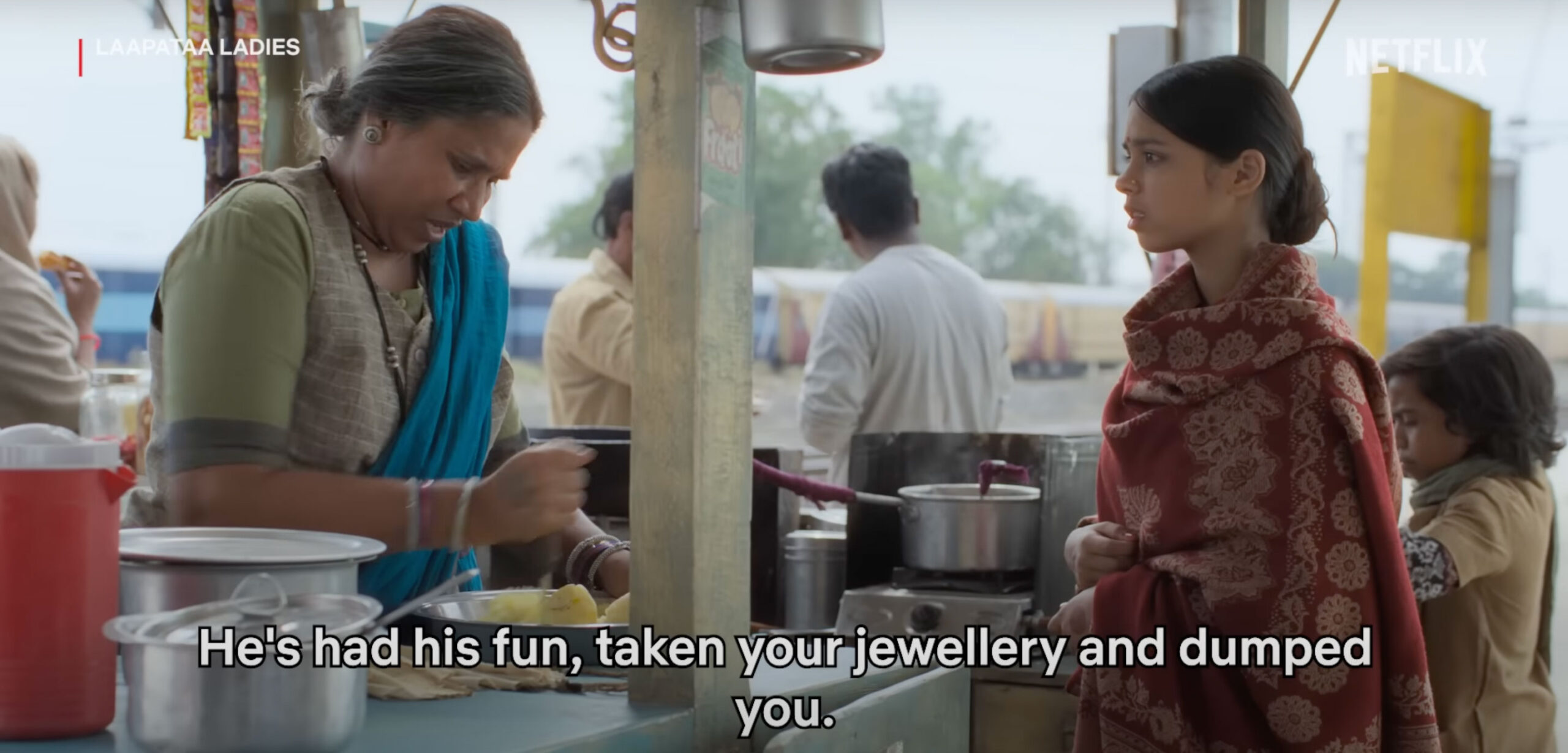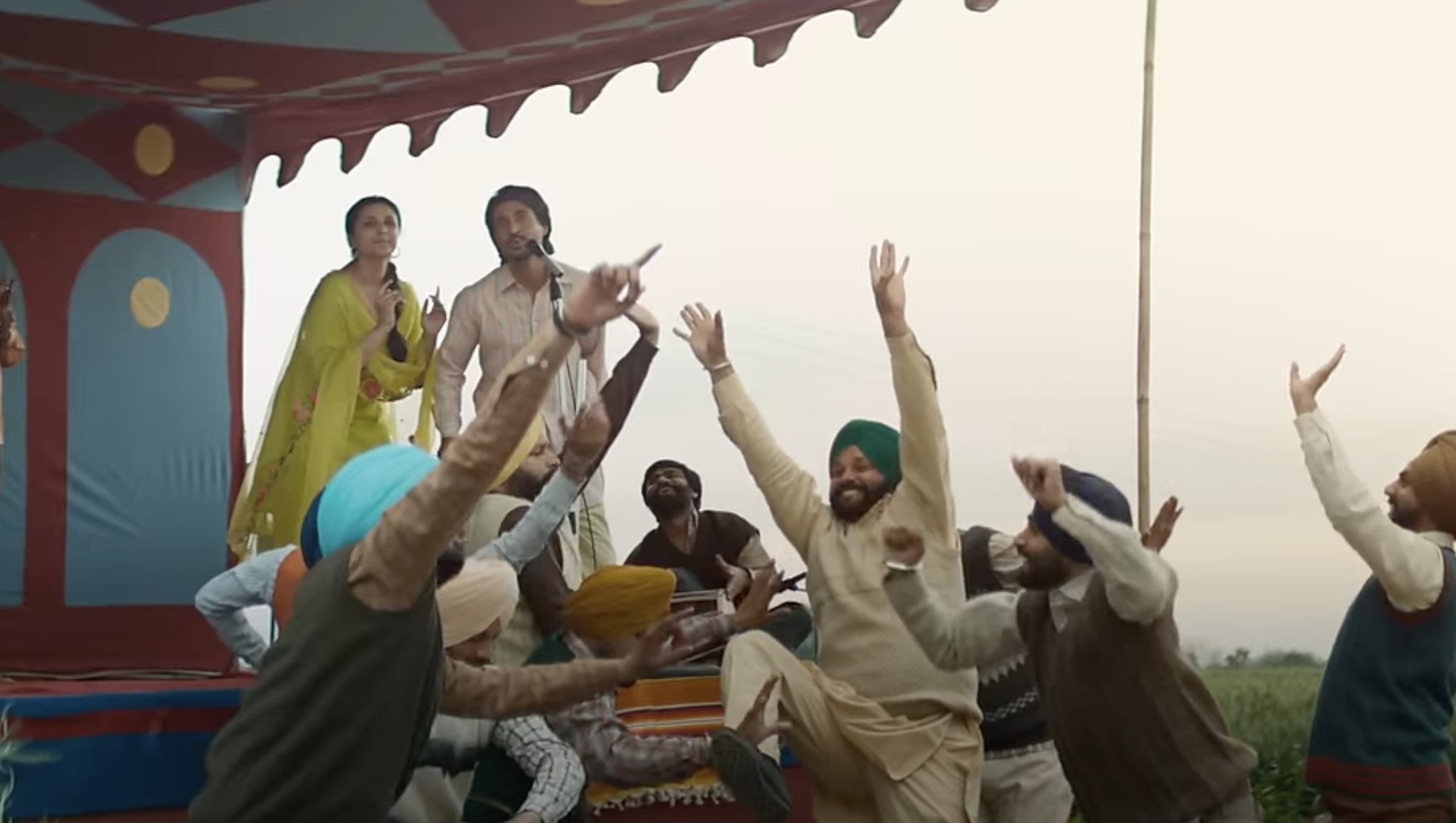It was with great reluctance that Buddha opened the doors of Sanghas to women. Strict rules were prescribed for them. For example, a nun, irrespective of her age, would have to show respect to the youngest of monks and stand up before him. Despite these strict rules, a large number of women entered the Buddhist Sanghas. A Buddhist nun was known as a Theri. Once the Theris entered the Sangha, they were free from many social restrictions. They wrote poems on their emancipation. The collection of these poems is called the Therigatha. The Therigatha is an invaluable heritage of Bahujan literature.
The nuns belonged to different castes and clans. For instance, Purnika was the daughter of a female slave. Shubha was the daughter of a goldsmith and Chapa of a bird-catcher. Courtesans like Add-Kashi, Abhay-Mata, Vimla and Ambapali were also there. Among the women of Grihapati and Vaishya classes were Purna, Chitra and Anupama. Maitrika, Amtara, Uttama, Chanda, Gupta, Dantika and Soma were from Brahmin families. Khema, Sumana, Shaila and Sumedh were from the royal families of Kaushal, Magadha and Aalwi. Mahaprajapati Gautami, Tishya and Abhirupa, were daughters of feudal lords.
All paintings by Dr. Lal Ratnakar
Published in the May 2016 issue of the Forward Press magazine
Forward Press also publishes books on Bahujan issues. Forward Press Books sheds light on the widespread problems as well as the finer aspects of Bahujan (Dalit, OBC, Adivasi, Nomadic, Pasmanda) society, literature, culture and politics. Contact us for a list of FP Books’ titles and to order. Mobile: +919968527911, Email: info@forwardmagazine.in








